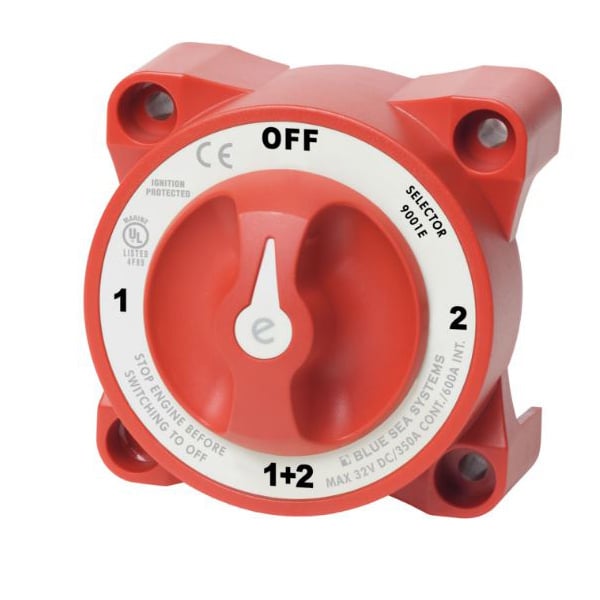Renato Candongas
New member
I fully understand the advantages of setting two batteries in parallel (A) but why not hook them like (B)?
My thinking is that on (B) you can choose to have one or two (full system amp) according to an specific need.
Scenario 1: Say one battery is enough to have you running for 3 days, if you are out just for a weekend you can just use one battery.
Scenario 2: 1+1 means you will know precisely when you reached 50% of your "off grid" time.
One argument is that having them always connected would reduce the load the system will be subjected thus keeping the voltage of the system higher and possibly making it charge faster or increasing the life of both batteries then if you discharge more just one battery at a time.
Comments?
My thinking is that on (B) you can choose to have one or two (full system amp) according to an specific need.
Scenario 1: Say one battery is enough to have you running for 3 days, if you are out just for a weekend you can just use one battery.
Scenario 2: 1+1 means you will know precisely when you reached 50% of your "off grid" time.
One argument is that having them always connected would reduce the load the system will be subjected thus keeping the voltage of the system higher and possibly making it charge faster or increasing the life of both batteries then if you discharge more just one battery at a time.
Comments?



